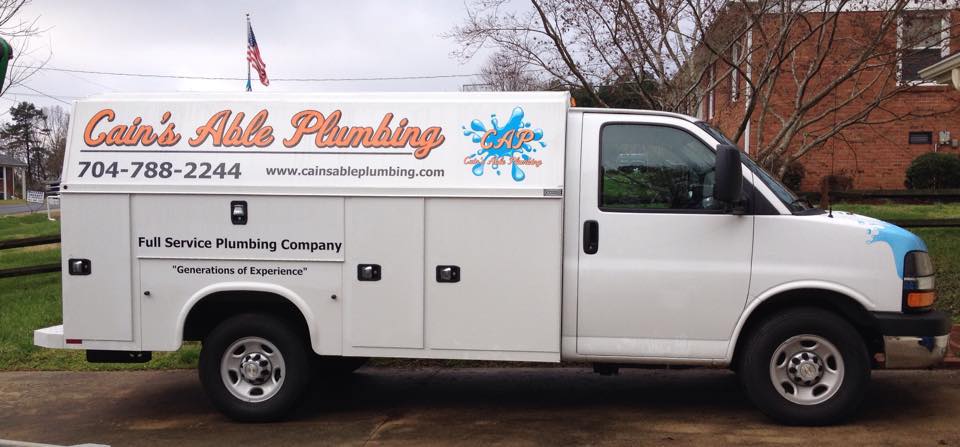When the Challenge is over Water
A month ago, we were called out to repair a sewer line. Usually in our line of work, that’s pretty common. What was uncommon about this project, was that we had to bring the sewer across a ravine, at the bottom of which, there was a creek.

This was something that was definitely going to be a challenge. Even a little daunting. But hey! We’re Cain’s, and we were ready to tackle it. It’s what we do! Even the City of Concord employee didn’t doubt us.
As you can see, we completed this project excellently. It took some planning and teamwork, but we are really happy with the results and so were our customers. On to the next one!
Call us here at Cain’s Able Plumbing, for any of your plumbing needs!































